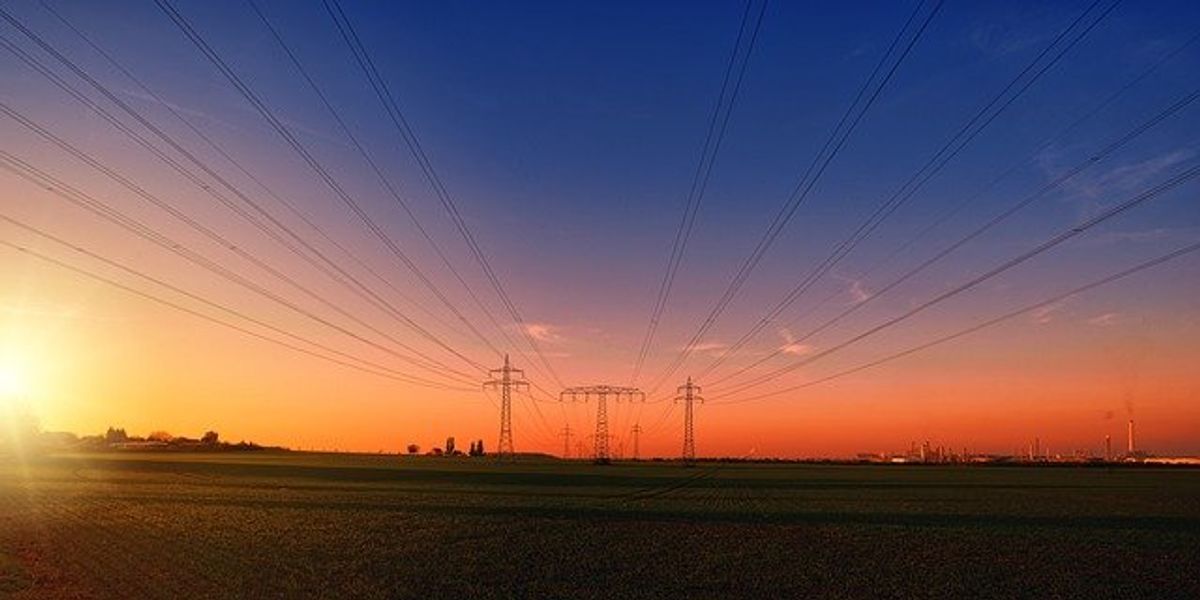
Clean energy startups in Southeast Asia struggle as global funding retreats
Startups in Vietnam and Indonesia are scrambling to scale clean energy solutions amid tightening budgets, reduced U.S. support, and rising investor caution.
In short:
- Renewable energy startups like SmartSolar and Swap Energi face new financial headwinds after the U.S. and other governments scaled back clean energy support.
- Southeast Asia’s economic and political shifts — including Indonesia’s budget cuts and currency decline — are crowding out investment in sustainable technology.
- European development funds and local demand are keeping some ventures afloat, but profit pressures and competition from other sectors are raising barriers.
Key quote:
“Energy transition right now is a little bit confusing because the U.S. is not going electric anymore.”
— Kevin Phang, co-founder of Swap Energi
Why this matters:
Clean energy startups are vital to Southeast Asia’s efforts to decarbonize its rapidly growing economies, yet they face mounting pressure just as their services are most needed. Countries like Vietnam and Indonesia are grappling with rising energy demands and worsening pollution, but shifting political winds — particularly in the United States — are drying up once-reliable sources of aid and venture capital. Without steady support, these businesses may be unable to meet national clean energy goals, delaying crucial environmental gains and leaving communities more vulnerable to the health effects of poor air quality, climate-driven disasters, and fossil fuel dependence. The rise and fall of subsidies, combined with uncertain investor interest, has made the path to green transition more fragile — raising real concerns for environmental and public health.
Related: Geothermal energy in Southeast Asia faces financing and community hurdles














